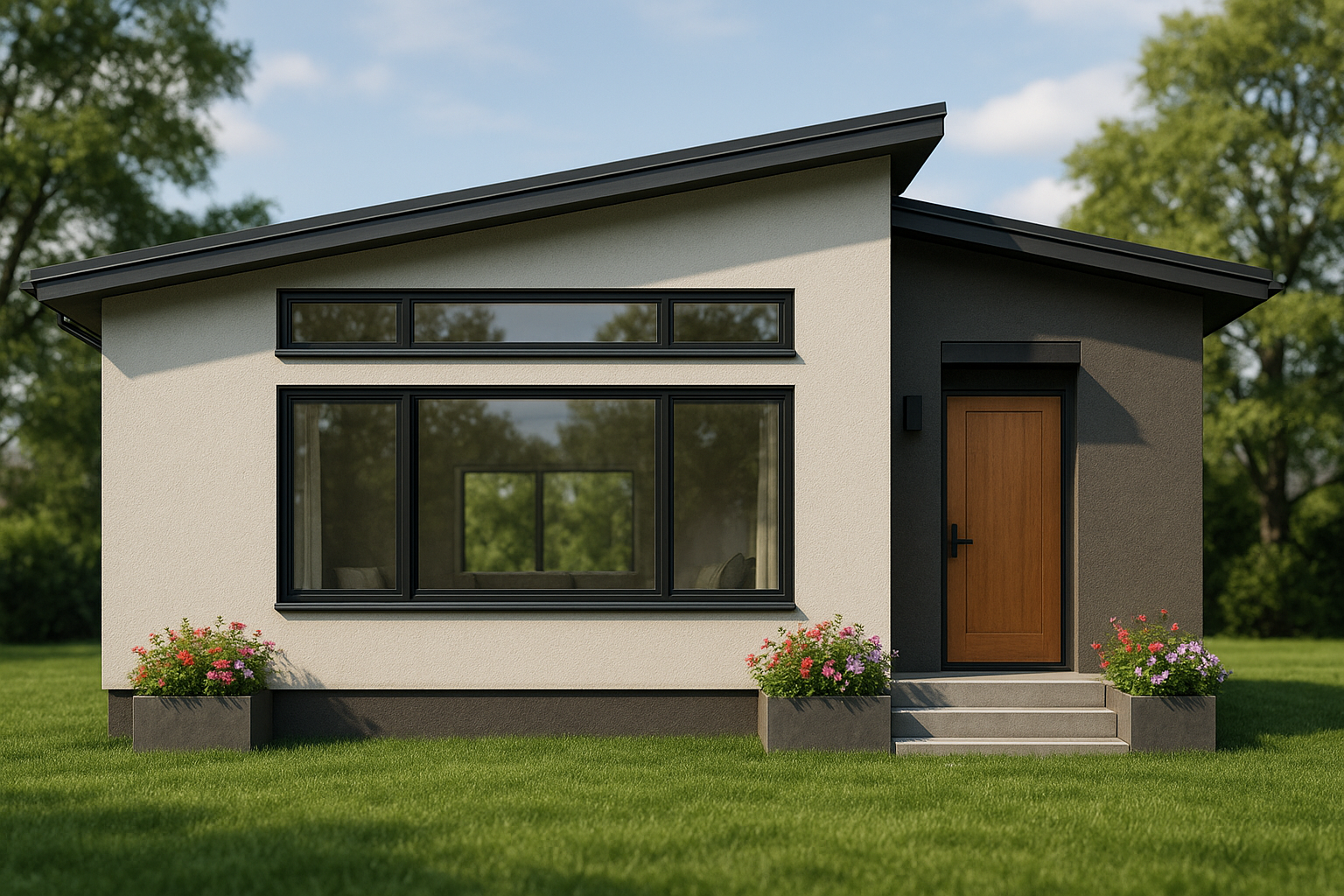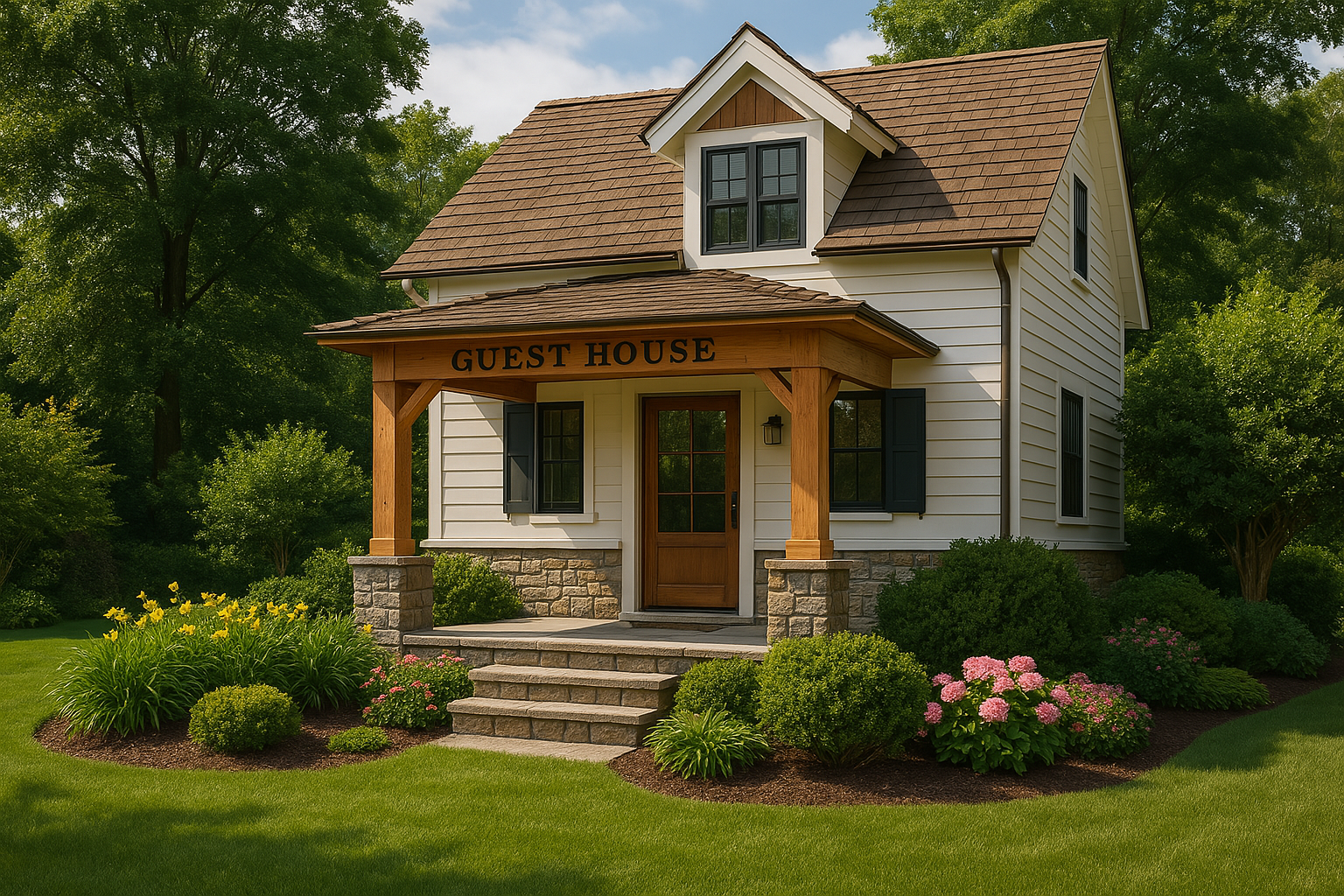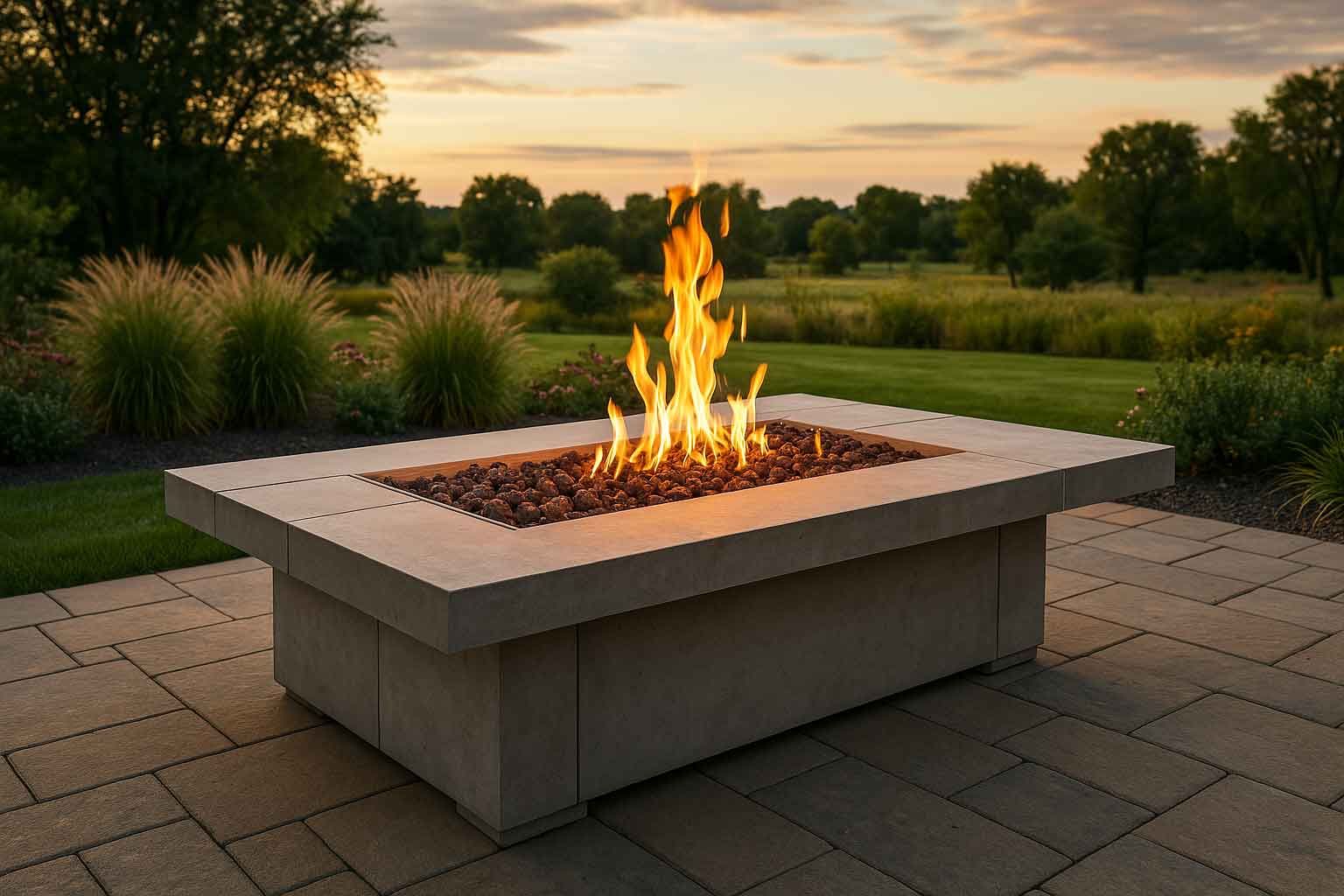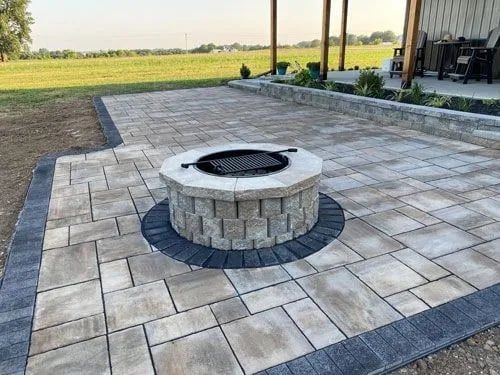Choosing the Right Room Addition Contractor: A Comprehensive Guide
Discover the essential steps to choose the right room addition contractor for your home improvement project. Learn how to identify your needs, find reputable contractors, and ensure a successful outcome with this comprehensive guide.
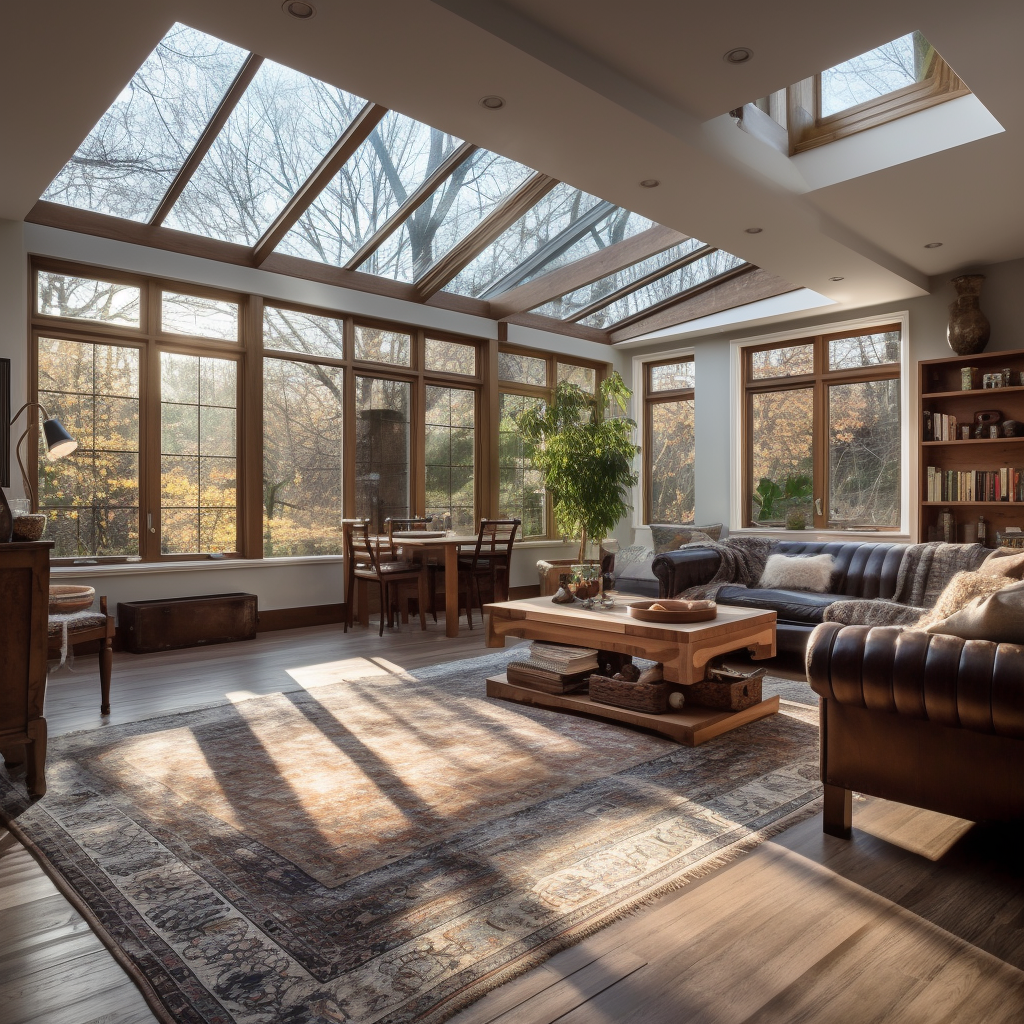
Table of Contents:
I. Introduction
A. The Importance of Adding Space to Your Home
B. The Value of Hiring a Professional Room Addition Contractor
C. Article Purpose and Overview
II. Identifying Your Needs and Goals
A. Assessing Current Space Requirements
B. Defining the Purpose of the Room Addition
C. Considering Future Needs and Resale Value
III. Finding a Reputable Room Addition Contractor
A. Seeking Personal Recommendations
B. Researching Online Reviews and Testimonials
C. Consulting Local Business Directories and Professional Associations
IV. Comparing and Evaluating Contractors
A. Requesting and Comparing Quotes
B. Evaluating Work Portfolios and Previous Projects
C. Verifying Licenses, Certifications, and Insurance
D. Assessing Communication Style and Customer Service
V. Asking the Right Questions
A. Inquiring About Experience with Similar Projects
B. Discussing Project Timelines and Potential Delays
C. Assessing Familiarity with Local Building Codes and Regulations
D. Understanding Warranties and Guarantees
VI. Finalizing the Contract
A. Ensuring a Comprehensive Written Agreement
B. Clarifying Payment Terms and Schedules
C. Obtaining Necessary Permits and Approvals
VII. Tips for a Successful Project
A. Maintaining Open Communication
B. Staying Flexible and Prepared for Unexpected Issues
C. Regularly Reviewing Project Progress
VIII. Conclusion
A. The Importance of Thorough Research and Evaluation
B. Long-term Benefits of Hiring a Reputable Room Addition Contractor
C. Investing in a Professional Contractor for a Successful Room Addition
IX. Frequently Asked Questions
I. Introduction
A. The importance of adding space to your home cannot be overstated. As families grow, lifestyles evolve, and needs change, additional space can significantly enhance the functionality, comfort, and overall value of your home. A well-planned room addition can transform the way you and your family live and interact within your living space.
B. Hiring a professional room addition contractor is vital to ensure that the construction process is executed efficiently, safely, and in compliance with local regulations. A skilled contractor will also ensure that the final result meets your expectations and enhances your home's appeal and market value.
C. The purpose of this article is to provide a comprehensive guide for homeowners seeking to select the right home addition contractor. The article will outline the steps involved in identifying your needs and goals, finding reputable home additions builders, comparing and evaluating their services, and ensuring a successful project from start to finish.
II. Identifying Your Needs and Goals
A. Assessing your current space requirements is a crucial first step in the room addition process. Take the time to evaluate your home and determine the areas where you need more space. Consider factors such as the number of occupants, storage needs, and functional requirements. This assessment will help you identify the specific type of room addition that will best serve your needs and guide you to the right home addition builders near you.
B. Clearly defining the purpose of the room addition is essential to guide the design and construction process. Whether you need an extra bedroom for a growing family, a home office for remote work, or a recreational space for relaxation and entertainment, having a well-defined purpose will help you and your contractor create a space that meets your expectations and enhances your daily living experience.
C. As you plan your room addition, it's important to consider both your future needs and the potential impact on your home's resale value. A thoughtfully designed and executed room addition can enhance your home's marketability and attract potential buyers. Keep in mind that the investment you make in a room addition should remain beneficial in the long run, even if you decide to sell your home in the future.
III. Finding a Reputable Room Addition Contractor
A. One of the most effective ways to find a reputable room addition contractor is by asking for recommendations from friends, family, and neighbors who have had similar projects completed. Their firsthand experiences can provide valuable insights into the contractors' work quality, reliability, and professionalism, helping you create a shortlist of potential candidates.
B. In addition to personal recommendations, researching online reviews and testimonials is crucial for gathering more information about the reputation of potential home room addition contractors near you. Websites like Yelp, Angie's List, and Google Reviews can offer insights into customer satisfaction, workmanship, and the overall experience of working with a particular contractor. Be sure to read both positive and negative reviews to get a balanced understanding of each contractor's strengths and weaknesses.
C. Consulting local business directories and professional associations can also help you find licensed and reputable room addition builders in your area. These resources often have strict standards for membership and can provide a list of qualified professionals with a proven track record of success. Examples include your local Chamber of Commerce, the Better Business Bureau, and trade organizations specific to the construction industry.
IV. Comparing and Evaluating Contractors
A. Requesting and comparing multiple quotes from different contractors is an essential step in the evaluation process. This allows you to gain a better understanding of the costs and services offered by each contractor, ensuring that you make an informed decision based on your budget and project requirements. Be cautious of quotes that are significantly lower than others, as this may indicate shortcuts or subpar workmanship.
B. Evaluating the work portfolios and previous projects of potential room addition builders will provide you with a clearer picture of their skills, expertise, and design sensibilities. Examine the quality of their work, attention to detail, and ability to execute projects similar to your own. This will help you determine whether a contractor is a good fit for your room addition project.
C. Verifying that the contractors hold proper licenses, certifications, and insurance is crucial to protect yourself from potential liabilities. Ensure that the contractor is licensed to operate in your state and holds any necessary trade certifications. Additionally, confirm that they carry general liability and workers' compensation insurance to protect you and your property in case of accidents or damages.
D. Considering the communication style and customer service of potential contractors is an important aspect of the evaluation process. A smooth working relationship is essential for the success of your project. Choose a contractor who listens to your needs, communicates effectively, and demonstrates a commitment to customer satisfaction.
V. Asking the Right Questions
A. Inquiring about the contractor's experience with similar projects will help you gauge their ability to handle your specific room addition needs. Ask for examples of previous projects that are comparable in scale and complexity to yours, and discuss any challenges they encountered and how they addressed them. This will give you a better understanding of their problem-solving skills and adaptability.
B. Discussing project timelines and potential delays is essential for setting realistic expectations and ensuring a smooth construction process. Ask the contractor for an estimated completion date and inquire about any factors that could cause delays, such as weather, materials availability, or scheduling conflicts. A reliable contractor should be able to provide you with a reasonable timeline and contingency plans for potential setbacks.
C. Assessing the contractor's familiarity with local building codes and regulations is crucial for a compliant and hassle-free construction process. Ask the contractor about their experience working with your local permitting office and any specific regulations that may apply to your project. A knowledgeable contractor should be able to navigate the permitting process efficiently and ensure that your room addition meets all applicable codes.
D. Understanding the warranties and guarantees offered by the contractor is important for protecting your investment. Ask about the terms and conditions of any warranties on materials and labor, as well as any guarantees they offer regarding the quality of their work. This will help you ensure that any issues that may arise after the project's completion are properly addressed.
VI. Finalizing the Contract
A. Before proceeding with your room addition project, it is crucial to ensure that all project details are included in a written contract. The contract should clearly outline the scope of work, materials to be used, project timeline, and any other pertinent details. Having a comprehensive written agreement will help prevent misunderstandings and disputes during the construction process.
B. Clarifying payment terms and schedules is an essential step in finalizing the contract. Make sure that the payment structure is reasonable, transparent, and clearly defined in the agreement. Be cautious of contractors who demand large upfront payments or payment in full before the project begins. A typical payment schedule might involve a deposit, progress payments, and a final payment upon completion of the project.
C. Obtaining necessary permits and approvals is a critical component of the room addition process. Work with your contractor to ensure that all required permits are secured before construction begins. A reputable contractor should be familiar with the permitting process and be able to assist you in obtaining the necessary approvals to avoid delays or penalties.
VII. Tips for a Successful Project
A. Maintaining open communication with your contractor is crucial for a successful room addition project. Regularly discuss any concerns, questions, or changes with your contractor to ensure that they are promptly addressed. Clear and consistent communication will help prevent misunderstandings, facilitate collaboration, and contribute to the overall success of your project.
B. Staying flexible and prepared for unexpected issues is an important mindset to adopt throughout the construction process. Despite the best planning and preparation, unforeseen challenges may arise during the project. By being adaptable and understanding that adjustments might be necessary, you can better navigate these obstacles and minimize their impact on your project's timeline and budget.
C. Regularly reviewing the project's progress is essential for ensuring that your expectations are being met and that the work is proceeding according to the agreed-upon timeline. Schedule periodic check-ins with your contractor to discuss the project's status, review completed work, and address any concerns or changes. This proactive approach will help keep your project on track and improve the likelihood of a successful outcome.
VIII. Conclusion
A. The importance of thorough research and evaluation in selecting the right room addition contractor cannot be overstated. By investing time and effort in identifying your needs, gathering recommendations, comparing quotes, and assessing contractors' experience and expertise, you can make an informed decision that will significantly impact the success of your project.
B. Hiring a reputable room addition contractor offers long-term benefits, such as improved home functionality, increased comfort, and enhanced resale value. A well-executed room addition not only serves your immediate needs but also contributes to the overall marketability and appeal of your home in the future.
C. In conclusion, investing in a professional contractor is essential for a successful room addition project. By following the guidance provided in this article, homeowners can confidently navigate the selection process and enjoy the lasting benefits of a well-executed room addition.
IX. Frequently Asked Questions
1. Are room additions worth it?
Room additions can be worth it if they enhance your home's functionality, comfort, and value. They can help accommodate a growing family, add space for a home office, or provide additional recreational space.
2. How much does it cost to add a 100 square foot room?
The cost of a 100 square foot room addition can range from $10,000 to $30,000, depending on factors such as materials, labor, and location.
3. How do you budget for a room addition?
To budget for a room addition, start by determining your needs and project scope. Research costs for materials, labor, and permits, and gather multiple quotes from reputable contractors. Include a contingency fund for unexpected expenses and prioritize features according to your budget.
4. How much does a 200 sf addition cost?
A 200 square foot addition can cost anywhere from $20,000 to $60,000, depending on factors such as materials, labor, and location.
5. What is the most expensive part of a home addition?
The most expensive part of a home addition is typically the foundation and framing, followed by roofing, electrical, and plumbing work.
6. Is it cheaper to add an addition up or out?
Adding an addition out (ground level) is generally cheaper than adding up (second story) because it requires less structural modification and can have fewer permitting requirements.
7. How much does it cost to build a 12x12 room?
Building a 12x12 room can cost between $10,000 and $30,000, depending on factors such as materials, labor, and location.
8. What type of home addition is cheapest?
The cheapest type of home addition is typically a bump-out or sunroom addition, which involves fewer structural changes and materials.
9. What is a bump-out addition?
A bump-out addition is a small extension to an existing room, typically used to add extra space for a specific purpose, such as a larger kitchen or a walk-in closet.
10. How much does it cost to frame a 20x20 addition?
The cost to frame a 20x20 addition can range from $5,000 to $10,000, depending on factors such as materials, labor, and location.
11. How much does it cost to add a 500 square foot room?
Adding a 500 square foot room can cost between $50,000 and $150,000, depending on factors such as materials, labor, and location.
12. How to build a room addition?
To build a room addition, start by identifying your needs and goals, then create a design plan. Hire a reputable contractor, obtain necessary permits, and work closely with the contractor throughout the construction process, maintaining open communication and reviewing progress regularly.
13. What is the best foundation for an addition to a house?
The best foundation for an addition to a house depends on factors such as soil type, local climate, and building codes. Common foundation types include slab, crawl space, and full basement.
14. How much does it cost to add 600 square feet to a house?
Adding 600 square feet to a house can cost between $60,000 and $180,000, depending on factors such as materials, labor, and location.
15. How can I save on home construction costs?
- To save on home construction costs, consider the following strategies:
- Plan carefully and stick to a budget
- Get multiple quotes from contractors
- Opt for cost-effective materials
- Choose a simple design that requires fewer structural changes
- Reuse or repurpose existing materials when possible
- Do some of the work yourself if you have the skills
- Take advantage of discounts and promotions on materials
16. What are the mistakes to avoid with an addition?
Common mistakes to avoid with an addition include:
- Skipping the permit process
- Ignoring local building codes
- Underestimating costs and budget
- Choosing an inexperienced or unlicensed contractor
- Failing to match the addition's style and materials to the existing home
- Neglecting energy efficiency and insulation
- Over-improving beyond the neighborhood's standard
17. What is the best way to pay for an addition?
The best way to pay for an addition depends on your financial situation and preferences. Options include:
- Saving up and paying cash
- Taking out a home equity loan or line of credit
- Using a cash-out refinance
- Obtaining a personal loan
- Applying for a construction loan
- Using credit cards strategically, such as for short-term financing or rewards
18. What kind of loan can I get for a home addition?
For a home addition, you can consider several loan options, including:
- Home equity loan: A fixed-rate loan based on the equity in your home
- Home equity line of credit (HELOC): A variable-rate loan with a revolving line of credit based on your home's equity
- Cash-out refinance: Replacing your existing mortgage with a new loan, while taking out the difference in cash to finance the addition
- Personal loan: An unsecured loan with fixed terms and rates, not tied to your home's equity
- Construction loan: A short-term loan specifically for financing home improvements, which is typically converted to a mortgage after the project's completion
- The body content of your post goes here. To edit this text, click on it and delete this default text and start typing your own or paste your own from a different source.


